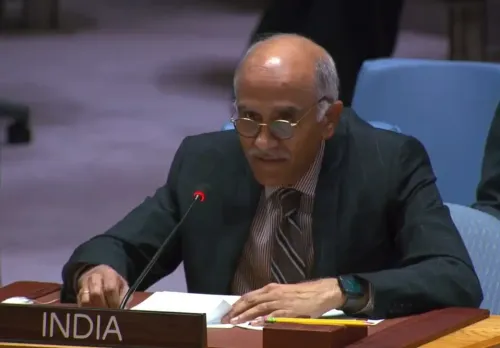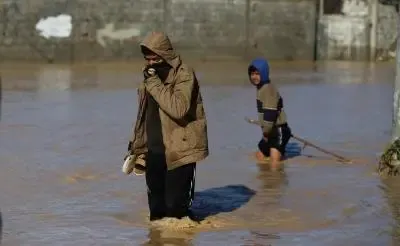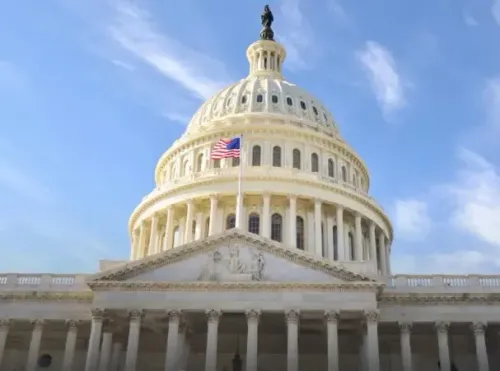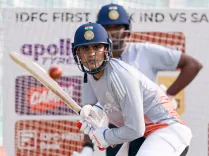Did Awami League Leader Nurul Majd Mahmud Humayun Die in Custody?
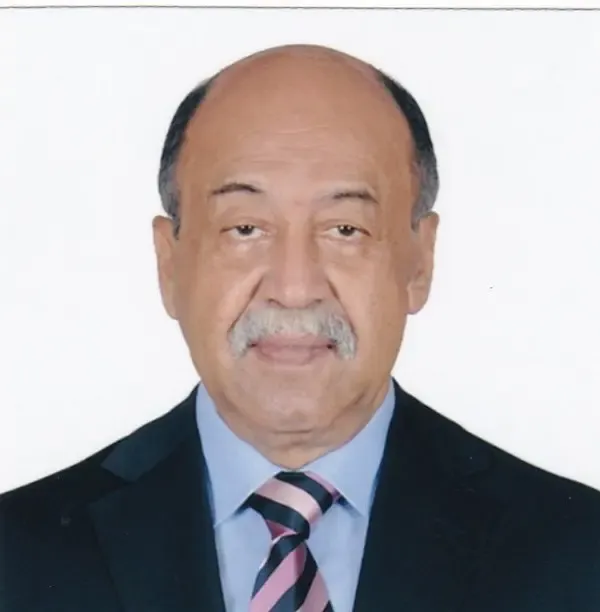
Synopsis
Key Takeaways
- Nurul Majd Mahmud Humayun died while in custody, raising questions about prison conditions.
- The former minister was undergoing treatment at DMCH before his death.
- This incident is part of a broader crackdown on Awami League leaders and supporters.
- Arrests have been made as part of operations targeting alleged political activities.
- The situation reflects ongoing political tension in Bangladesh under Muhammad Yunus' administration.
Dhaka, Sep 29 (NationPress) The former Industries Minister of Bangladesh, Nurul Majd Mahmud Humayun, tragically passed away on Monday morning while receiving treatment at Dhaka Medical College Hospital (DMCH), as reported by local media.
This unfortunate incident, involving the former minister who was incarcerated at Dhaka Central Jail in Keraniganj, underscores the alarming conditions that prisoners face across Bangladesh.
According to sources at the hospital, the prominent Awami League figure was admitted into the medicine department of DMCH on Sunday in a critical condition.
As his health deteriorated, prison officials transferred Nurul to the hospital's Intensive Care Unit (ICU), where he ultimately succumbed to his illness.
Nurul was apprehended by the Rapid Action Battalion (RAB) in the Gulshan area of Dhaka following the fall of the Awami League government last year.
In a related incident, last week another Awami League leader, Abu Bakkar Siddique Munna, lost his life while in police custody in Gaibandha district.
Moreover, at least 13 Awami League leaders and activists, including two former Members of Parliament, were taken into custody by the Detective Branch (DB) of the Dhaka Metropolitan Police (DMP), as reported by local media.
The DB confirmed that among those arrested were former MP Fayzur Rahman Badal from the Brahmanbaria-5 constituency and former women's reserved seat MP Tamanna Nusrat Bubly.
On Monday, DMP Deputy Commissioner (Media) Talebur Rahman confirmed these arrests were made in connection with operations targeting the Awami League's 'banned' political activities.
These developments occur amidst a continuing crackdown on Awami League leaders and supporters under the interim government led by Muhammad Yunus.
Recently, the Awami League accused the Yunus administration of employing arbitrary arrests as a tactic to suppress dissent and neutralize political opposition.
Political analysts view these actions as a significant political vendetta orchestrated by the Yunus regime, especially since numerous cases were filed against former Prime Minister Sheikh Hasina and her party members on dubious grounds following her ousting in August 2024.


